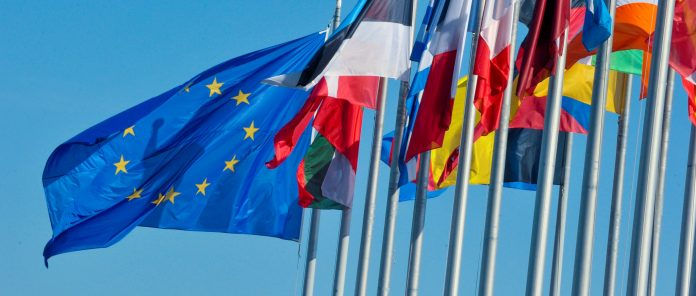The European Commission has announced goals for the 27-nation bloc to reduce poverty, inequality and boost training and jobs by 2030 as part of a post-pandemic economic overhaul financed by jointly borrowed funds.
The EU executive arm said the European Union should boost employment to 78% in 2030 from 73% in 2019, halve the gap between the number of employed women and men and cut the number of young people neither working nor studying to 9% from 12.6% “With unemployment and inequalities expected to increase as a fallout of the pandemic, focusing our policy efforts on quality job creation, up- and reskilling and reducing poverty and exclusion is therefore essential to channel our resources where they are most needed,” the commission said.
The goals, which will have to be endorsed by EU leaders, also include an increase in the number of adults getting training every year to adapt to the EU’s transition to a greener and more digitalised economy to 60% from 40% now.
Finally, over the next 10 years, the EU should reduce the number of people at risk of poverty or social exclusion by 15 million from 91 million in 2019. “These three 2030 headline targets are deemed ambitious and realistic at the same time,” the commission said.
The goals are part of the EU’s set of 20 social rights, agreed on in 2017, to make the EU more appealing to voters and counter eurosceptic sentiment across the bloc. They say everybody has the right to quality education throughout their lives and that men and women must have equal opportunities in all areas and be paid the same for work of equal value. The unemployed have the right to “personalised, continuous and consistent support”, while workers have the right “to fair wages that provide for a decent standard of living”.




















